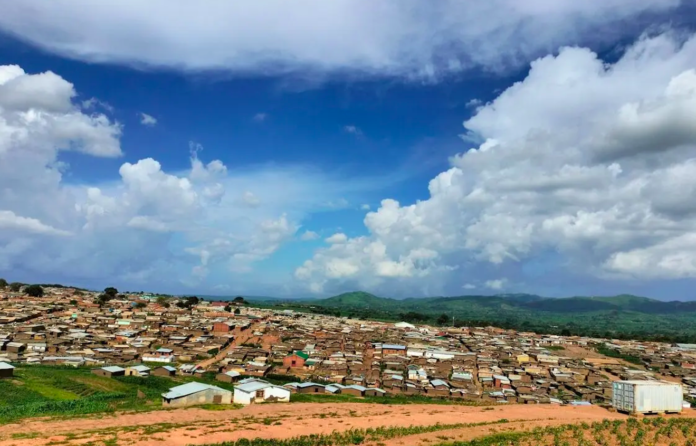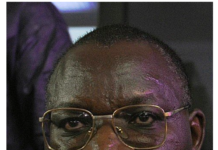
The Malawi refugee crisis has been a cause for concern on the international stage, triggering consultations from various stakeholders, including legal professionals, refugees, and organizations like FGK-UMUHUZA based in Europe, SOS Refugees in Malawi and SADC region, and the Group of Rwandans residing worldwide. In an attempt to comprehend and address the pressing issue, a meeting was held with the Head of Chancery at the Embassy of Malawi in Brussels, Sir Billy A. Mayaya on July 5, 2023. This led to the Jean Flamme law firm releasing an extensive legal opinion addressing the crisis. This report will further explore the legal aspects of the crisis as articulated by Attorney-at-Law Jean Flamme.
The Status Quo in Malawi
Malawi is home to a significant population of refugees from Rwanda, Burundi, and Congo. Since 2020, the Malawian government initiated a policy of tracking, deportation, and expulsion of illegal migrants in a bid to promote national security and safeguard jobs for natives. Although refugees and asylum seekers do not fall under the “illegal migrants” category, there have been cases of displacements and arbitrary arrests.
In a letter dated September 1, 2020, the Lilongwe City Council and the District Commissioner expressed the government’s commitment to promoting refugees’ self-reliance, adhering to international obligations to protect refugees and asylum seekers. However, in contrast, a “directive” issued on March 27, 2023, enforced an “encampment” policy, leading to a wave of forcible relocations and arrests.
The Impact of The Encampment Policy
The encampment policy has led to numerous arbitrary arrests and forced displacements, causing distress and despair among the refugee population. Men, women, and children have been forcibly displaced to the Dzaleka refugee camp, with many reporting instances of violent beatings, destruction of property, and theft of belongings. The camp, designed to accommodate 12,000 people, now hosts over 50,600 refugees and asylum seekers, making it nearly impossible to meet the basic needs of its population.
Furthermore, there have been reports of collaboration between the Government of Malawi and the Republic of Rwanda to deport individuals perceived as “liable” for genocide. However, allegations suggest that Rwandan soldiers are participating in these raids, which raises serious questions about due process and the respect for individual criminal liability.
The Legal Perspective
From a legal standpoint, Attorney-at-Law Jean Flamme argues that the collective arrests and forced displacements are in violation of international laws and standards. As per the Rome Statute, which is part of Malawi’s internal judicial order, both “deportation” and “forcible transfer of population” are considered crimes against humanity. Arbitrary arrests without valid arrest-warrants are also a violation of international laws.
Flamme further notes that the International Criminal Court (ICC) has jurisdiction over such crimes against humanity. Given that the Republic of Malawi has accepted this jurisdiction, there are potential implications for its leaders.
The Malawi crisis draws attention to the critical role of international law in protecting the rights of refugees and asylum seekers. As the situation continues to evolve, it is hoped that the international community will be vigilant in ensuring that the principles of justice and human rights are upheld.
Attorney-at-Law Jean Flamme hopes that it will be possible to reach an agreement which is acceptable for both parties.































































